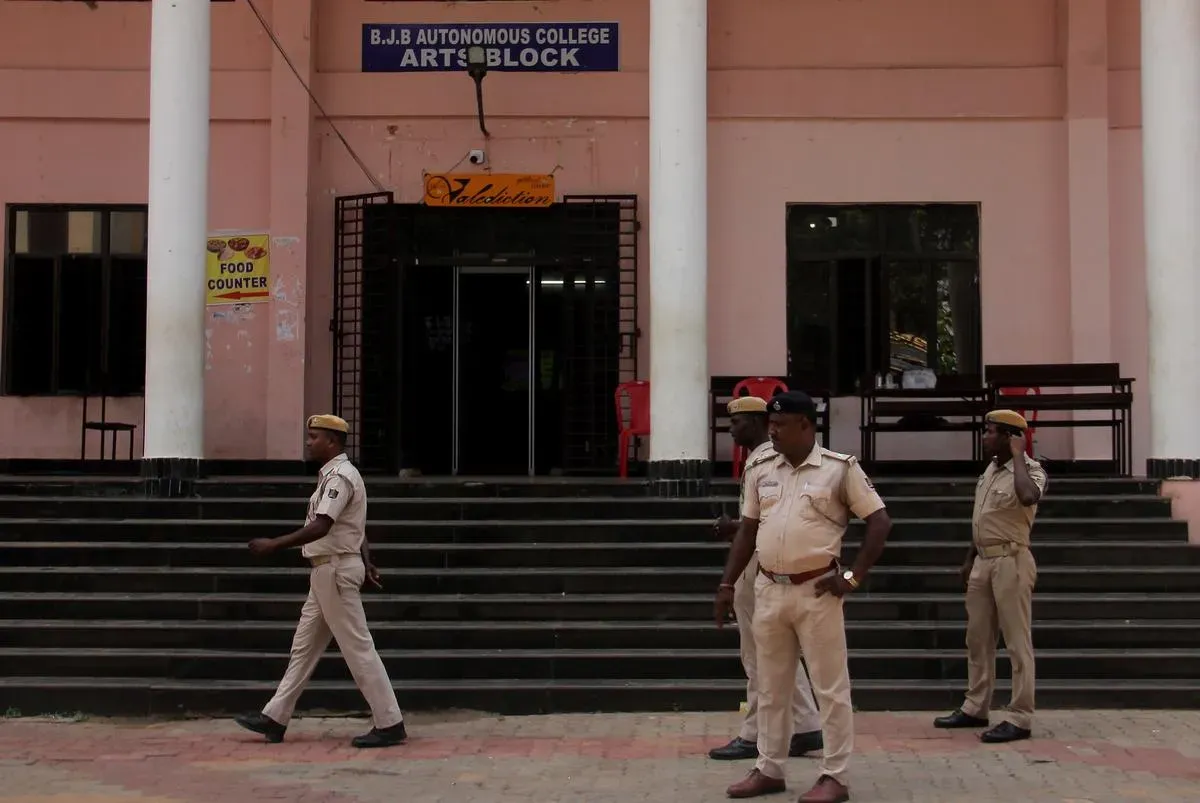The recent decision by the Orissa High Court to grant bail to an Army Major involved in a police clash has garnered significant attention. The case revolves around an incident in which the Major was accused of instigating violence and obstructing police duties during a conflict at a protest site in Bhubaneswar. This summary delves into the details surrounding the case, the legal arguments presented, and the implications of the court’s ruling.
Background of the Case
The incident that led to the arrest of the Army Major occurred during a public protest organized against a local issue, where tensions between protesters and law enforcement escalated. Allegations arose that the Major, while off-duty, participated in the protest and incited violence, leading to confrontations with police officers. As a result, he was charged under various sections of the Indian Penal Code and the specific provisions of the National Security Act (NSA).
Arrest and Charges
Following the events of the protest, the police arrested the Army Major, asserting that he had led a group of protesters in an aggressive manner that obstructed law enforcement's efforts to maintain order. The charges included assaulting police personnel and creating a disturbance that threatened public peace. The prosecution argued that the Major’s actions were particularly egregious given his position as an officer in the Indian Army, which carries expectations of discipline and adherence to law.
The Legal Proceedings
Upon his arrest, the Army Major sought bail, which was initially denied by a lower court, citing the serious nature of the allegations and the potential threat to public order. The defense contended that the Major was merely exercising his right to free speech and assembly and had not engaged in any unlawful activity. His legal team argued that the police had overstepped their authority in their response to the protest, and that the charges were politically motivated, aimed at suppressing dissent.
Arguments for Bail
In their arguments for bail, the defense highlighted several key points. Firstly, they emphasized the Major’s long-standing service record in the Indian Army, suggesting that he was a person of integrity who would not flee from justice. They also argued that the evidence against him was circumstantial and did not warrant the severity of the charges. Furthermore, the defense pointed to the absence of any prior criminal record, indicating that the Major was unlikely to pose a danger to society if released on bail.
The State's Position
Conversely, the prosecution maintained that the gravity of the charges necessitated his continued detention. They asserted that releasing the Major could lead to further unrest and could be interpreted as a leniency towards individuals who disrupt public order. The prosecution also expressed concerns about potential influences on witnesses should the Major be granted bail.
High Court's Ruling
After reviewing the case, the Orissa High Court ultimately ruled in favor of granting bail to the Army Major. The bench noted several factors that supported the decision, including the lack of substantial evidence to firmly establish the charges against him. The court recognized the importance of preserving individual liberties and stressed that mere allegations should not be the sole basis for denying bail.
Judicial Reasoning
The court's ruling was grounded in the principles of justice and fair trial rights. The judges articulated that the presumption of innocence should prevail, particularly in cases where the evidence does not convincingly establish guilt. They reiterated that the prosecution had failed to demonstrate that the Major’s release would jeopardize public order or safety.
Implications of the Decision
The decision to grant bail carries significant implications not only for the Army Major but also for the broader context of civil rights and military personnel involved in civilian matters. It underscores the judiciary's role in balancing individual rights against societal interests, particularly in cases involving public dissent and law enforcement responses. The ruling could potentially encourage more individuals to exercise their right to protest, knowing that the judiciary may protect their liberties against arbitrary actions.
Conclusion
The Orissa High Court’s decision to grant bail to the Army Major highlights critical issues surrounding the intersection of military authority, civil rights, and public order. It serves as a reminder of the judiciary’s responsibility to uphold the rule of law while ensuring that justice is accessible to all, regardless of rank or position. This case may set a precedent for how similar cases are approached in the future, particularly those involving public protests and the conduct of law enforcement. The careful consideration of both the legal arguments and the facts surrounding the case emphasizes the importance of a fair judicial process in maintaining the delicate balance between security and freedom.










0 Comments
Thank you for your response. It will help us to improve in the future.